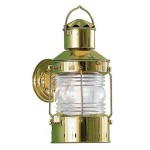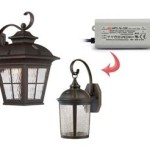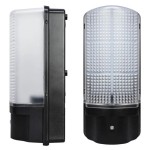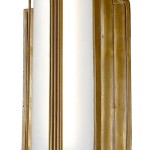Essential Aspects of Portrait Outdoor Lighting Techniques
Portrait photography is all about capturing the essence of your subject, and lighting is one of the most important elements in achieving this. When shooting outdoors, natural light is your primary source, and it can be a powerful tool if used correctly. Here are some essential aspects of portrait outdoor lighting techniques to help you create stunning portraits that will make your subjects shine.
Understanding Natural Light
Natural light is constantly changing throughout the day, so it's important to understand how it works in order to use it effectively. The best times for portrait photography are typically around sunrise and sunset, when the light is softer and more flattering. During these times, the sun is lower in the sky, casting a warm glow on your subject and creating beautiful shadows.
Using Direction of Light
The direction of light can have a dramatic impact on the mood and tone of your portrait. Frontal lighting, where the light source is directly in front of your subject, can create a flat and unflattering look. Side lighting, where the light is coming from the side, can add depth and dimension to your subject's face, while backlighting, where the light is coming from behind, can create a silhouette or a dramatic halo effect.
Controlling Contrast
Contrast is the difference between the lightest and darkest areas of an image. Too much contrast can create a harsh and unappealing look, while too little contrast can make your image look flat and boring. You can control the contrast in your portrait by using natural reflectors or diffusers, such as a white umbrella or a piece of white fabric. Reflectors can be used to bounce light back onto your subject's face, reducing shadows and creating a more even exposure. Diffusers can be used to soften the harsh light of the sun, creating a more flattering look for your subject.
Creating Shadows
Shadows can add depth and interest to your portrait. However, it's important to use shadows sparingly, as too many shadows can make your image look cluttered and distracting. Use natural shadows to create a sense of place and time, or use artificial shadows to create a more dramatic effect.
Experimenting with Angles
The angle from which you shoot your portrait can have a significant impact on the final image. Shooting from a high angle can make your subject look powerful and authoritative, while shooting from a low angle can make your subject look vulnerable or submissive. Experiment with different angles to find the one that best suits your subject and the mood you want to create.
Using Lenses
The lens you use can also affect the look of your portrait. Wide-angle lenses can create a sense of space and depth, while telephoto lenses can isolate your subject from the background. Experiment with different lenses to find the one that best suits your style and the effect you want to achieve.

11 Outdoor Portrait Photography Tips For Easy Shots

The Best Lighting For Outdoor Photography Focus

How To Mix Ambient Light And Fill Flash For Outdoor Portraits

Photographing People In The Sun Outdoor Portrait Photography Part 1 Expert Blogs Tip Techniques Reviews Adorama Learning Center

Outdoor Flash Photography Tips For Natural Or Dramatic Portraits

Off Flash Vs Natural Light Which Is Best For Outdoor Portraits Shutterbug

5 Simple Tips For Shooting Backlit Portraits Outdoors 42west

Outdoor Flash Photography Tips For Natural Or Dramatic Portraits

Off Flash 5 Techniques For Dramatic Portraits Rangefinder

11 Outdoor Portrait Photography Tips For Easy Shots
Related Posts







